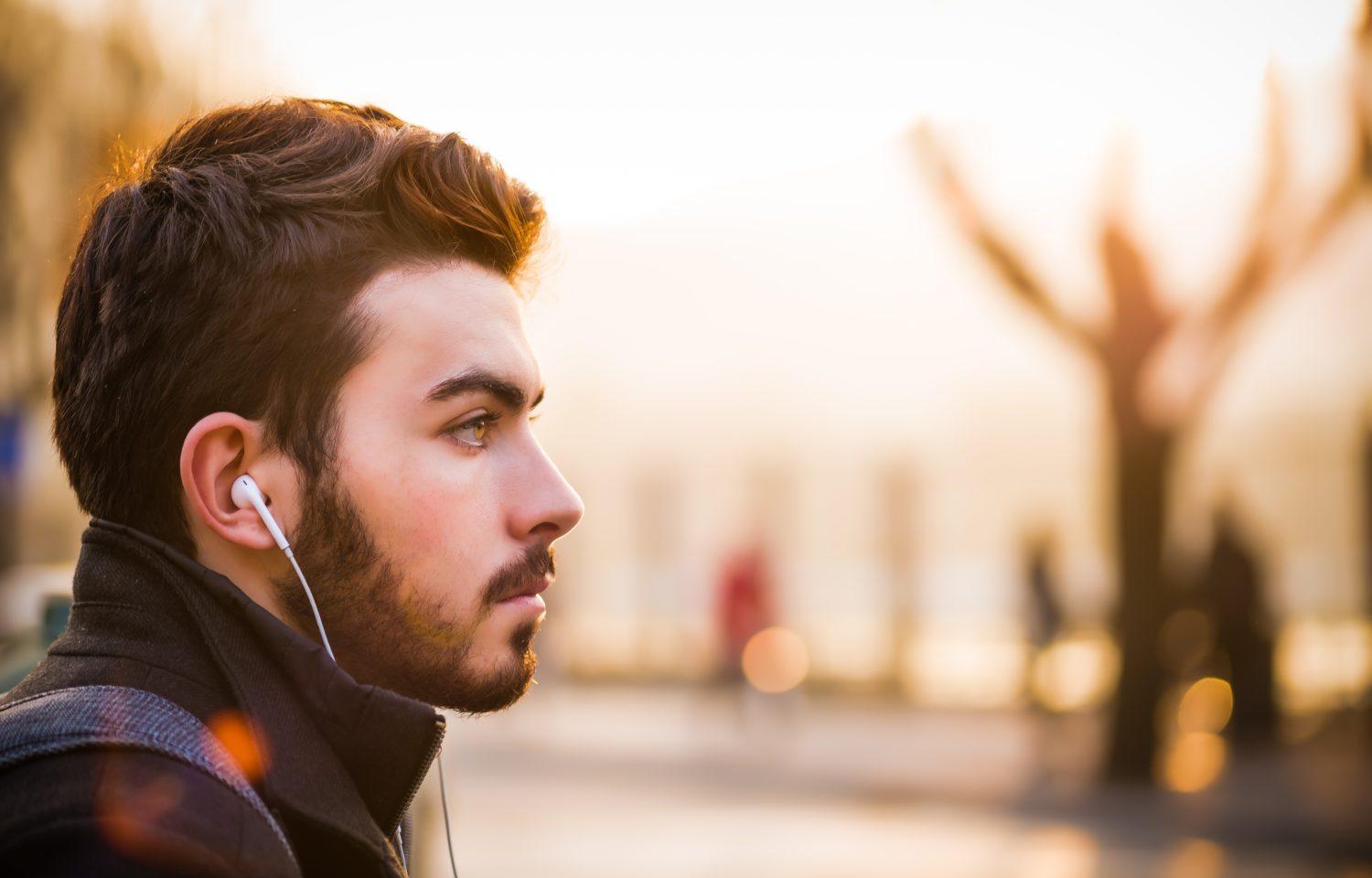Hearing is such a basic part of our everyday lives that it can easily be taken for granted. Too often than not, there’s nothing that can be done once the damage is done but you can be conscious about preventing these issues.
What Can You Do to Protect Your Hearing?
Use ear protection.
Nearly 15% of Americans have noise-induced hearing loss because of loud environments.
Whether you’re working around heavy machinery or enjoying a concert, the high noise levels could be damaging to your ears. Any situation that forces you to shout to the person next to you can be hazardous. Earplugs protect your ears from these harmful levels of sound. Basic earplugs can be purchased in most any store with a first-aid section or you can have earplugs custom fitted by a hearing healthcare provider. There are also special earplugs made for musicians that filter out harmful sound levels while allowing you to hear conversations.
Turn the volume down.
According to the World Health Organization, 1.1 billion young adults worldwide are at risk for noise-induced hearing loss from unsafe use of audio devices. Headphones earbuds are a convenient way to enjoy music on the go but remember to follow the 60/60 rule. It’s suggested to listen with headphones at no more than 60% volume for no more than 60 minutes a day.
Earbuds are especially dangerous, as they fit directly next to the eardrum. If possible, opt for over-the-ear headphones.
Your ears clean themselves, leave them be.
Feeling wax in your ear may seem dirty but the wax actually plays a vital role in protecting your ear drums. Removing the wax with cotton swabs not only leaves your ear drums vulnerable to dust and harmful particles, but inserting things into your ears risks damaging your sensitive ear drums. Ears are self-cleaning organs but if you have excess wax, you may gently clean around the canal with a damp rag. If your ears feel clogged or you feel your hearing is impaired by excess wax, contact your ENT for professional care.
Keep your ears dry.
Excess moisture can allow bacteria to enter the ear canal. This can cause swimmer’s ear or other types of ear infections, which can be dangerous for your hearing ability.
Be sure to gently towel-dry your ears after bathing or swimming. If you can feel water in the ear, tilt your head to the side and tug lightly on the ear lobe to coax the water out.
If you feel that water is more prone to stay in your ears, swimmer’s ear plugs are available to block the water from entering your ear canal.
Follow the basics of healthy living.
Living a healthy life aids in keeping all of your organs healthy, including your ears. The basics such as exercise and managing stress are important to your ears.
Cardio keeps your blood pumping to all parts of your body, keeping the internal parts functioning at their maximum potential.
Managing stress can also ensure your ears stay healthy. Stress and anxiety have been linked to both permanent and temporary ringing in the ears. This can be caused by the fight or flight mode your body is put in when under stress.
Listen to your doctor.
Our body can tell us a lot of things but some signs only a doctor can understand. Ask your primary care physician to incorporate hearing screenings into your regular checkups. It is also recommended to be examined annually by a hearing healthcare professional.
Heeding your doctor’s diagnoses and advice shouldn’t stop when you leave their office. It’s important that you take all medications as directed. Certain medications, such as non-steroidal anti-inflammatory drugs (NSAIDS) can contribute to hearing loss. Discuss medications with your doctor if you’re concerned they may impact your hearing ability.
If you suspect your hearing has been damaged, a licensed audiologist can conduct a series of tests that can help you deal with the consequences of hearing loss.

